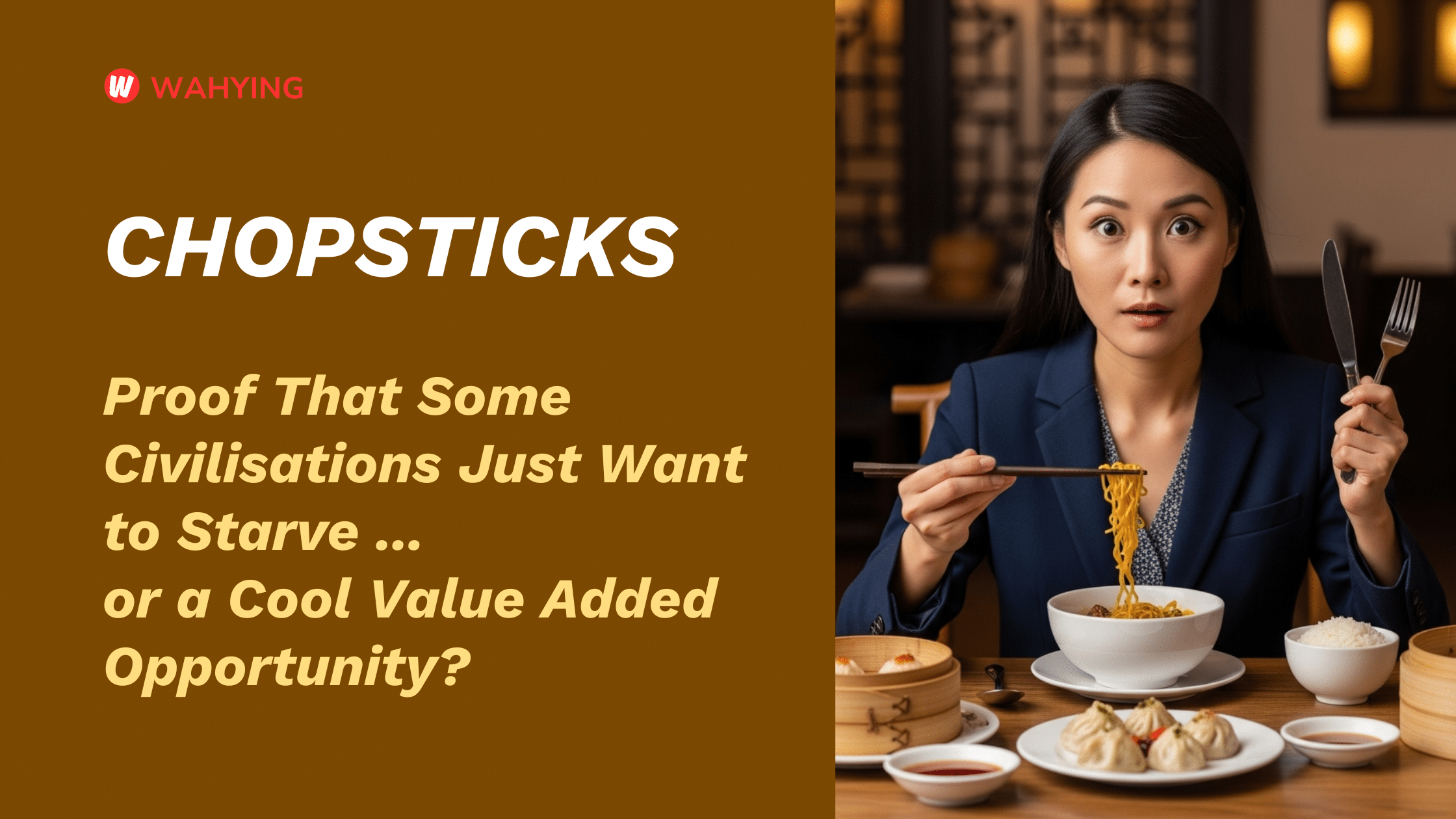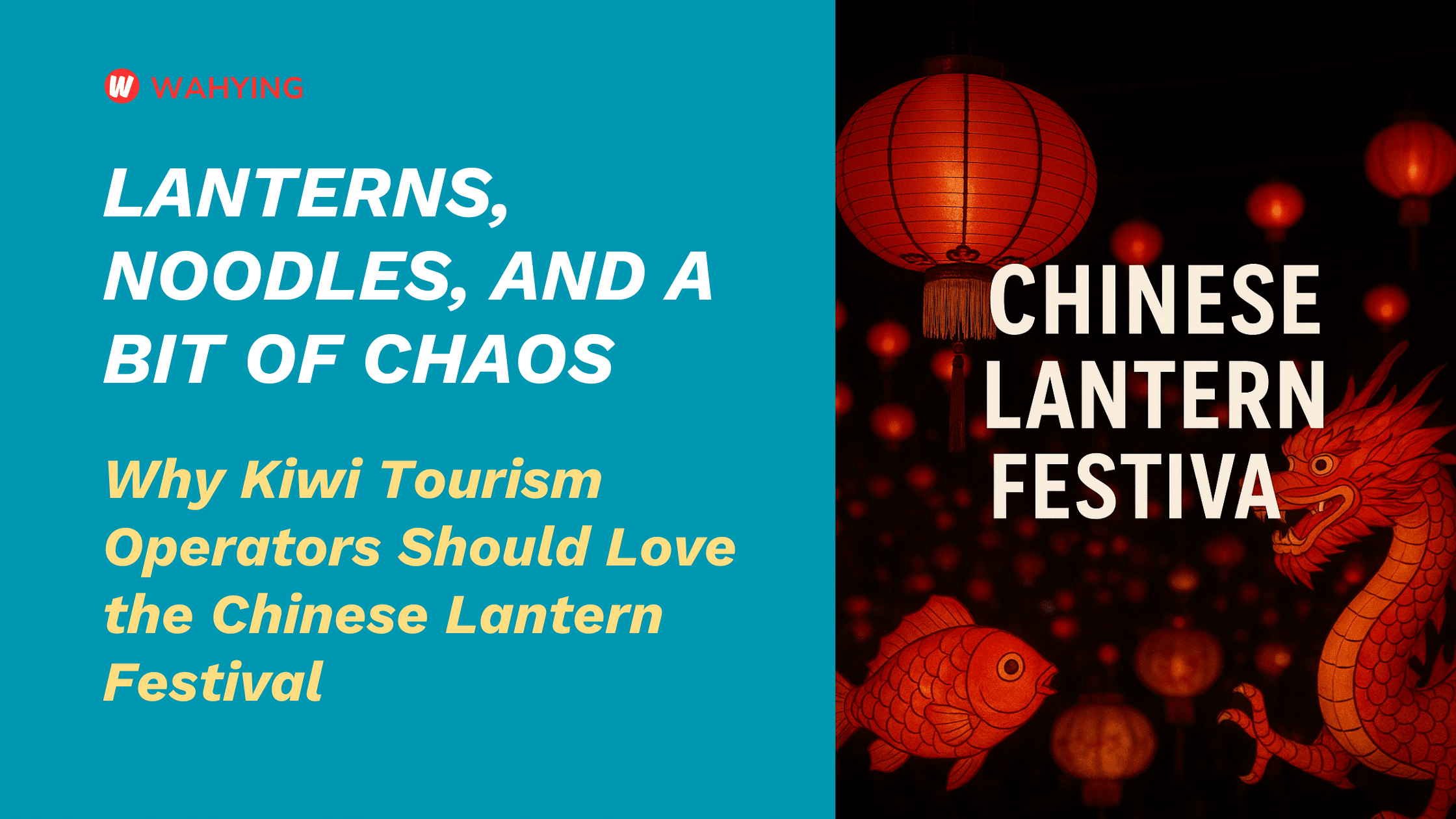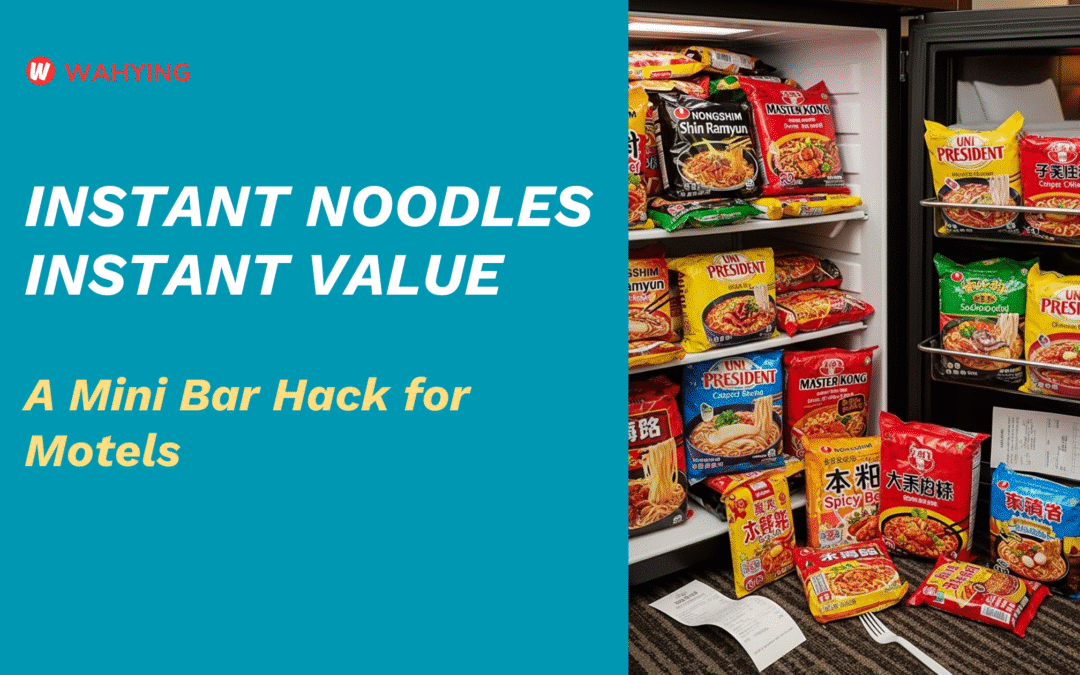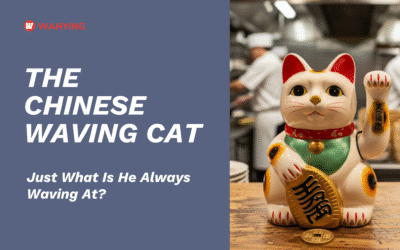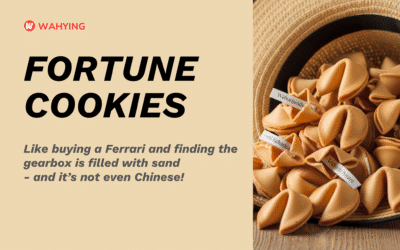We all know the scene. A steaming Chinese meal arrives – a sizzling stir-fry, dumplings stacked high, and rice bowls passed around. But instead of reaching for a knife and fork, out come the chopsticks. Two simple wooden sticks that somehow do the job of a whole cutlery drawer.
But here’s the real question: Why do Chinese use chopsticks? Why did an entire culture ditch the knife and fork for something that, let’s be honest, feels impossible for most Kiwis to master?
The story goes back over 3,000 years. The first chopsticks weren’t even for eating. They were for cooking. Long, bronze sticks used to reach into hot pots. Smart, really. Then came Confucius. The famous Chinese philosopher believed meals should be about peace, not violence. So out went the knife – seen as a weapon – and in came the chopsticks. Peaceful, simple, elegant. Clearly though, Confucious was never poked in the eye by chopsticks. Trust me, it hurts.
Back to the story though. It wasn’t just about philosophy. Chinese food is made for chopsticks – literally. Meals are prepared in small, bite-sized pieces, which meant faster cooking and no need to slice and dice at the table. You don’t need a steak knife when the chef’s already done the work for you.
And believe it or not, chopsticks are incredibly practical. You can pick up noodles, rice, tofu – whatever you like – with a bit of practice. They’re like an extension of your fingers. But perhaps most importantly, chopsticks reflect community. Chinese meals are shared, with everyone diving into shared plates. Using chopsticks becomes part of that ritual. A moment of connection, not just consumption.
So, what’s this got to do with Kiwi motels? A lot.
New Zealand is welcoming more Chinese tourists every year. These are guests who value comfort, good service, and yes, familiar food. While they might enjoy fish and chips or a lamb roast, many will also bring their own snacks or grab something from a local Chinese takeaway. When they get back to the room and realise there are no chopsticks? That’s a missed opportunity.
Here’s the simple idea: Provide free chopsticks. Just like that. It’s a small touch, but it says a lot. It shows you understand and value your guests. It makes them feel welcome, at home – even halfway across the world.
And let’s be real: it’s cheap. A box of disposable chopsticks costs next to nothing. You don’t need to put them in every room either. Just leave a friendly little note in the kitchenette:
“Need chopsticks? Just ask at reception – we’ve got you covered.”
It’s low-cost yet high impact. A tiny gesture that can turn a good review into a great one. In the world of tourism, that’s the kind of detail that matters.
So yes, offer chopsticks. Not just because it’s polite, but because it’s smart. It’s good business, it’s good manners – and that’s the Kiwi way.

